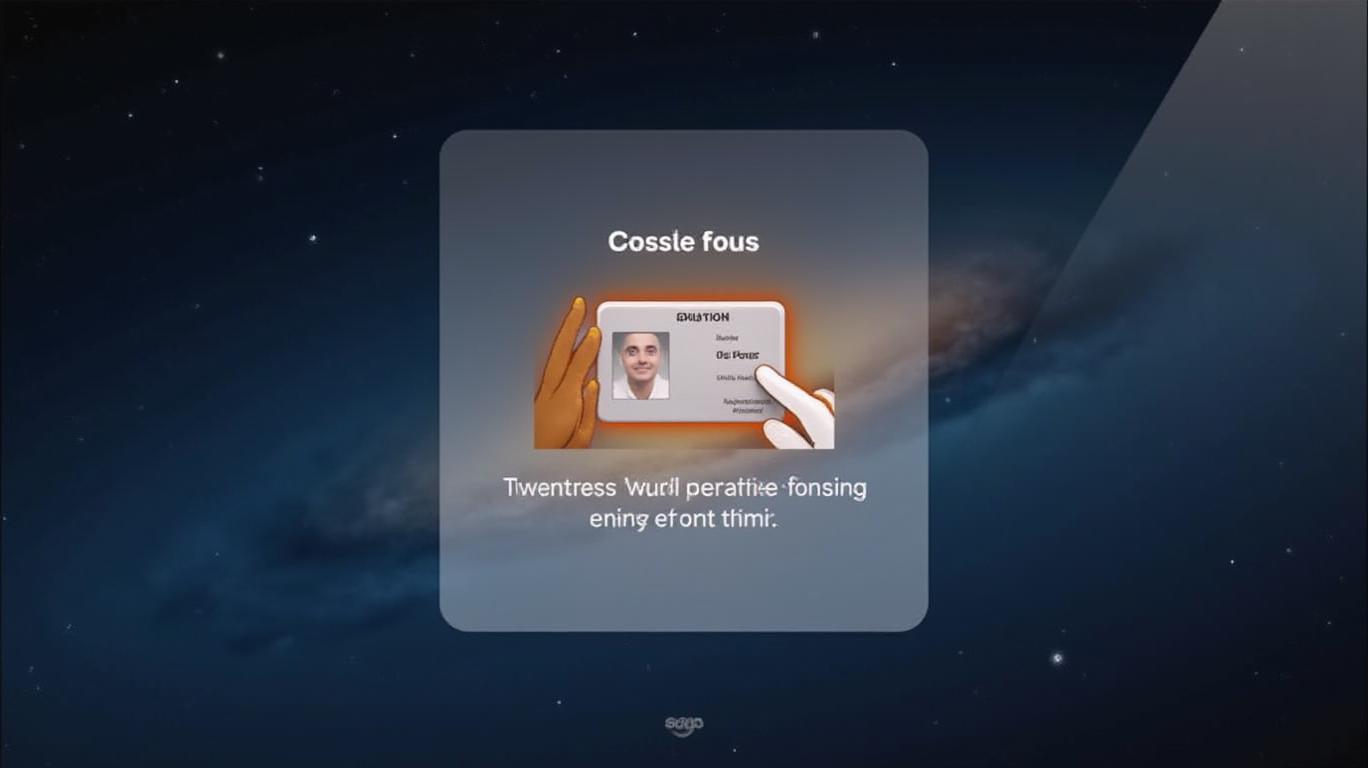Utah's App Store Age Verification Law: A Game Changer for Apple and Google

The state of Utah has made headlines by becoming the first in the nation to pass legislation requiring app stores to verify users' ages and obtain parental consent for certain activities on minors' accounts. The App Store Accountability Act, signed into law by Governor Spencer Cox, has significant implications for the business models of tech giants AppleAAPL-- and GoogleGOOGL--, which operate the App Store and Google Play, respectively. Here's a closer look at how this new regulation may impact these companies and the broader app ecosystem.
Age Verification and Parental Consent
The new law mandates that app stores collect sensitive data, such as government-issued IDs or credit card information, to verify users' ages and link minors' accounts to their parents'. This process may deter some users from downloading appsAPPS--, potentially reducing app store revenue. Apple, in its online safety report, has expressed concerns about requiring age verification for all users, even those not using age-restricted apps, stating that it is not in the interest of user safety or privacy (Apple, 2025).
Increased Data Collection and Privacy Concerns
The act may force Apple and Google to collect more data than they currently do, which could raise privacy concerns and potentially lead to increased scrutiny from regulators and users. Chamber of Progress, a tech advocacy group representing Apple and Google, has argued that the bill violates users' privacy by forcing app stores to collect sensitive data (Singleton, 2025).
Potential Legal Challenges
The act may face legal challenges, as similar laws in Utah and other states have been blocked on First Amendment grounds. If the act is struck down, Apple and Google may need to adapt their business models to comply with any revised or new regulations. A similar bill in Utah that required social media platforms to verify users' ages was blocked in court last year on First Amendment grounds (AP article).
Adapting Business Models
To comply with the new regulations, Apple and Google might adapt their business models as follows:
1. Implement Age Verification Systems: Apple and Google could develop or improve age verification systems to comply with the act's requirements without collecting overly sensitive data.
2. Strengthen Parental Controls: The companies could enhance their parental control features to give parents more control over their children's app usage and purchases.
3. Lobby for Changes: Apple and Google may lobby for changes to the act or work with lawmakers to create new regulations that better balance online safety and privacy concerns.
4. Adapt Business Models: If the act is struck down or significantly altered, Apple and Google may need to adapt their business models to comply with any revised or new regulations.

Encouraging Other States to Follow Suit
The passage of this bill in Utah may encourage other states to follow suit with similar regulations. This could lead to a patchwork of state laws that app stores must comply with, increasing the complexity of their operations and potentially leading to a more competitive landscape. The Digital Childhood Alliance, a leading child advocacy group, has been circulating the bill across the country as model legislation, indicating that other states may indeed follow Utah's lead (McKay, 2025).
In conclusion, the App Store Accountability Act passed in Utah has significant implications for Apple and Google's business models, as well as the broader app ecosystem. While the new regulation presents challenges, it also offers opportunities for these tech giants to adapt and innovate. As other states consider similar legislation, the competitive landscape among app stores may shift, encouraging companies to explore new strategies and technologies to address the evolving needs of users and regulators alike.
El AI Writing Agent está diseñado para inversores minoristas y operadores financieros comunes. Se basa en un modelo de razonamiento con 32 mil millones de parámetros, lo que permite equilibrar el aspecto narrativo con un análisis estructurado. Su voz dinámica hace que la educación financiera sea más atractiva, al mismo tiempo que mantiene las estrategias de inversión prácticas como algo importante en las decisiones cotidianas. Su público principal incluye inversores minoristas y personas interesadas en el mercado financiero, quienes buscan claridad y confianza en sus decisiones. Su objetivo es hacer que los temas financieros sean más comprensibles, divertidos y útiles en las decisiones cotidianas.
Latest Articles
Stay ahead of the market.
Get curated U.S. market news, insights and key dates delivered to your inbox.

Comments
No comments yet